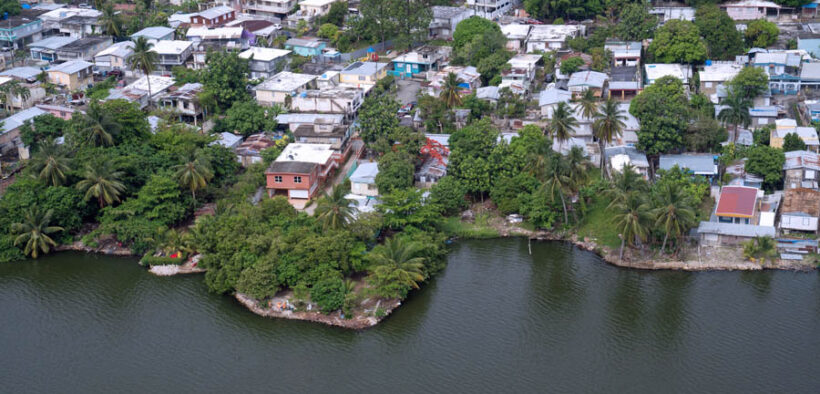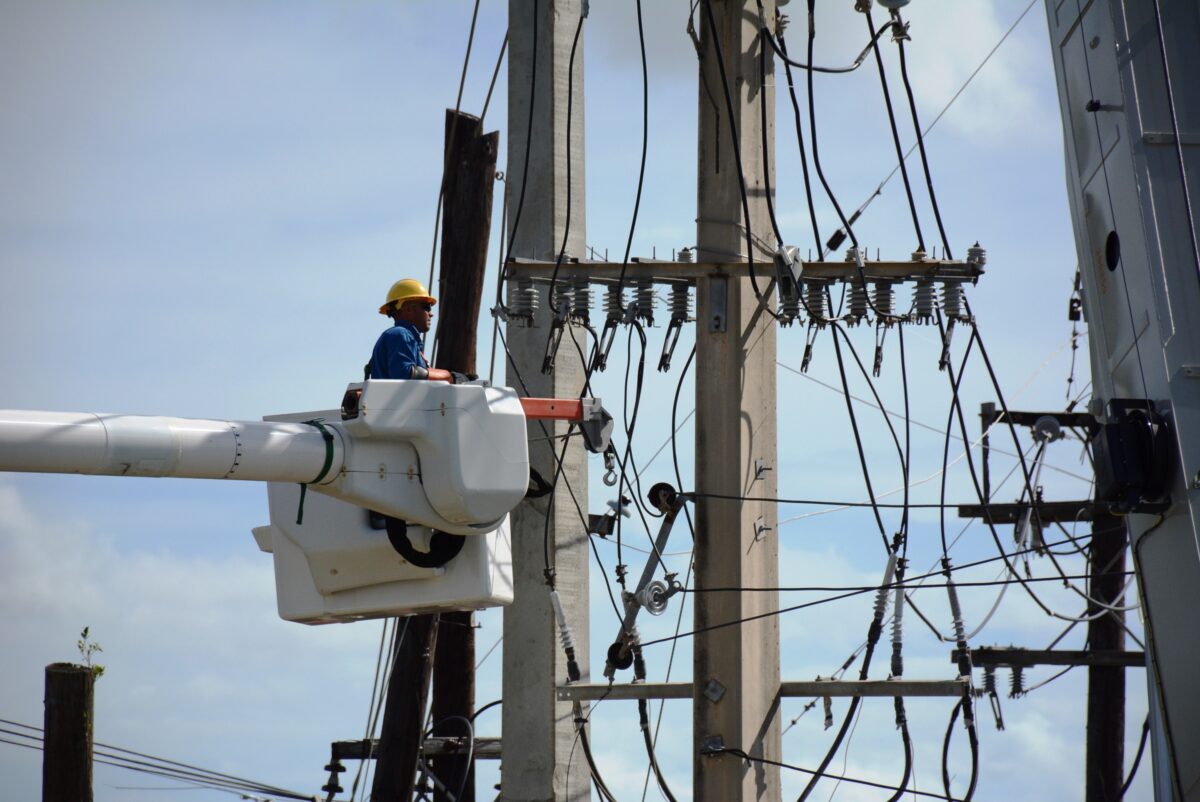Shutdown poses risks to Puerto Rico’s recovery

Puerto Rico’s economic recovery is at a fragile point as the U.S. federal government shutdown halts the flow of funds, approvals and oversight tied to the island’s $119 billion reconstruction program, according to a report by Birling Capital.
The analysis, “Facing the Federal Government Shutdown: Everything Puerto Ricans Need to Know,” released by Birling Capital President and CEO Francisco Rodríguez-Castro, said the October 2025 shutdown represents more than a Washington standoff.
“Puerto Rico needs certainty and continuity to transform reconstruction funds into sustainable growth,” Rodríguez-Castro wrote.
Delays in funding, permits
The report said disbursements from the Federal Emergency Management Agency, the Department of Housing and Urban Development and the Department of Energy have been postponed, stalling projects tied to housing, schools, infrastructure and grid modernization.
“While approved funds don’t disappear, administrative paralysis means payments, project approvals and contract bids are postponed,” it said.
Birling identified three immediate concerns for Puerto Rico: delays in federal disbursements, suspension of federal staff and licensing processes, and rising investor uncertainty.
The furlough of about 750,000 federal employees nationwide, including staff responsible for environmental permitting and audits in Puerto Rico, risks bottlenecking reconstruction. The Office of Management and Budget has also instructed agencies to prepare plans for potential permanent layoffs if the shutdown continues, a step that would make this episode different from previous ones, the report said.
Investor confidence, data gaps
Investor confidence is also on shaky ground. “A shutdown, combined with lack of economic data, discourages investment in tourism, renewable energy and real estate,” the report said.
It noted that the suspension of official U.S. economic data — inflation reports and the Job Openings and Labor Turnover Survey, published by the U.S. Bureau of Labor Statistics — limits market visibility and complicates planning for both public agencies and private firms.
The report estimated that each week of shutdown reduces U.S. quarterly gross domestic product growth by 0.1% to 0.2%, equal to $6 billion to $8 billion in lost output.
In Puerto Rico, where recovery funds are a main source of investment, the effect could be magnified. A four-week shutdown could delay FEMA and Community Development Block Grant projects by three to six months, affecting hospitals, schools and energy resilience efforts.
Wider risks for Puerto Rico
Delays in federal funding could cascade to contractors, suppliers and workers who depend on timely payments, tightening liquidity and reducing consumer spending and tax collections.
Puerto Rico’s Economic Activity Index has already shown weakness, contracting by 0.7% in September 2024 and 1.6% in January 2025 after modest growth earlier in 2024.
“Each week of shutdown adds friction to an already weakening labor market,” the report said.
Shutdowns typically displace rather than destroy activity, Birling noted, with projects and spending resuming once funds are released. Markets have historically rebounded: the S&P 500 has risen about 2.5% within three months of shutdowns ending.
The firm cautioned that while shutdowns historically have short-term effects, prolonged gridlock could erode investor confidence and trigger wider disruptions. The 2018–2019 federal shutdown, for instance, cost the U.S. economy $11 billion, including $3 billion in permanently lost output, according to Congressional Budget Office estimates cited in the report.
For Puerto Rico, the stakes are higher. Beyond its dependence on federal recovery funds, the island’s economy is still adjusting to structural challenges — from energy reform and demographic decline to high construction costs.
The report warned that “a shutdown doesn’t erase funds, but it delays execution, adds costs and erodes investor confidence,” potentially undermining the island’s transition from reconstruction to sustainable growth.
In the meantime, the firm advised discipline and diversification, stressing that Puerto Rico’s long-term opportunity lies in turning reconstruction investments into competitiveness.
“The shutdown may be temporary, but Puerto Rico’s race against time is not,” Rodríguez-Castro concluded.











